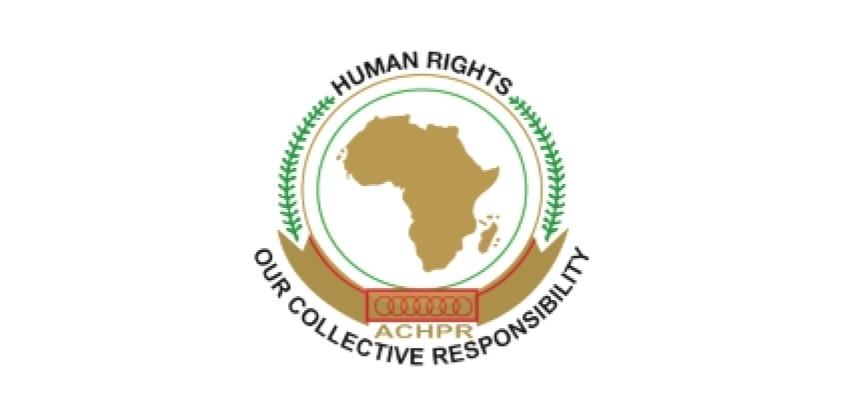Preface
The link between access to information and elections The right of access to information guaranteed by Article 9 of the African Charter on Human and Peoples’ Rights (the African Charter) is an invaluable component of democracy, as it goes a long way in facilitating participation in public affairs. The importance of the right of access to information is underpinned by the fact that it is a crosscutting right. It is a right that is necessary for the realisation of other human rights, including the right to participate in government directly or through freely chosen representatives, as guaranteed by Article 13 of the African Charter.
Access to information empowers the electorate to be well informed about political processes with due regard to their best interests: to elect political office holders; to participate in decision-making processes on the implementation of laws and policies; and to hold public officials accountable for their acts or omissions in the execution of their duties. Thus, access to information is a foundational requirement of the practice of democratic governance. It has been rightly stated that: ‘No democratic government can survive without accountability and the basic postulate of accountability is that people should have information about the functioning of government.’1 It is the responsibility of State Parties to create an atmosphere that fosters access to information and to ensure ‘adequate disclosure and dissemination of information’ in a manner that offers ‘the necessary facilities and eliminates existing obstacles to its attainment.’2
A fundamental element of democracy is the freedom to choose political leaders through elections. Free and fair periodic elections expose candidates’ records and proposed policies to a level of publi scrutiny that is capable of positively influencing the responsiveness of elected representatives. At the macro level, elections allow electors to determine the acquisition or retention of political power in a peaceful and structured manner and elections are as such crucial for the overall legitimacy of political leadership. They are a necessary element of democracy.
For elections to be free, fair and credible, the electorate must have access to information at all stages of the electoral process. Without access to accurate, credible and reliable information about a broad range of issues prior, during and after elections, it is impossible for citizens to meaningfully exercise their right to vote in the manner envisaged by Article 13 of the African Charter. The importance of access to information in the electoral process and for democratic governance is recognised in the African Charter on Democracy, Elections and Governance, as well as other sub-regional treaties and standards.








